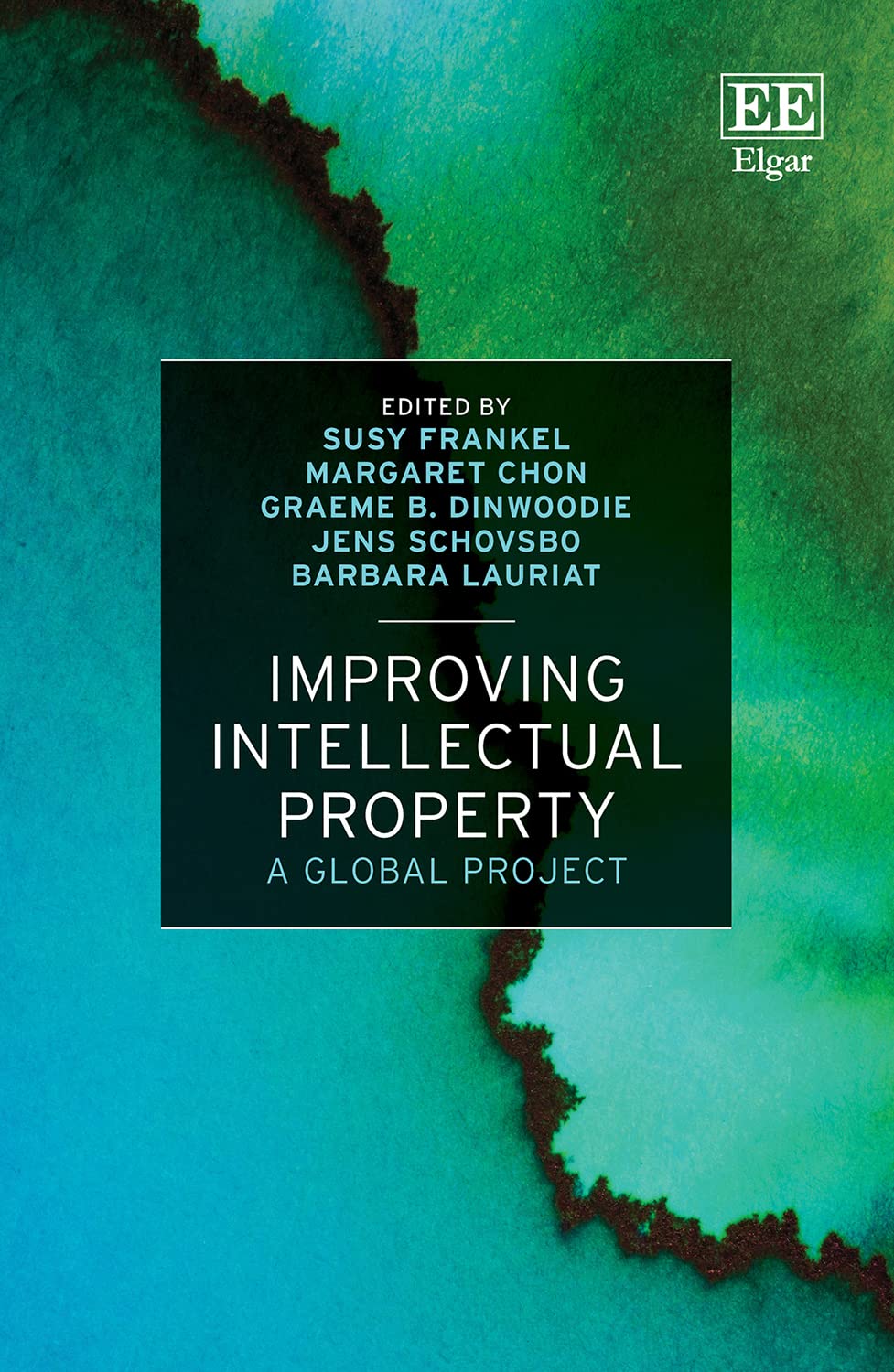WIPO alert – a reason to be alerted?
Zum Buchkapitel:
The article provides an overview and critical assessment of WIPO ALERT. It locates this initiative in the broader context of transnational IP enforcement schemes on the Internet. These initiatives are classified into two categories according to their point of attachment and geographical effect. Whereas source-related measures (e.g. website takedowns) tend to have a transnational and possibly even a global effect, recipient-related measures (e.g. website and ad blockings) typically mirror the territorially fragmented IPR landscape. This fragmentation is where WIPO ALERT comes into play. It can be understood as a matching service which interconnects holders of information about copyright infringing websites and actors of the online ad industry who want to avoid these outlets. The critical assessment of WIPO ALERT calls for more transparency and the establishment of uniform substantive and procedural standards that have to be met if a new “site of concern” is added to the global ad blacklist.
Zum Sammelband:
Undertaking the global project of improving intellectual property demands a critical and dynamic evaluation of its parameters and impacts. This innovative book considers what it means to improve intellectual property globally, exploring various aspects and perspectives of the international intellectual property debate and contemplating the possibilities for reform.
Building upon the seminal contributions of Rochelle Dreyfuss, an international team of eminent intellectual property scholars address some of the most pressing questions surrounding the improvement of intellectual property law’s role in promoting innovation. The book explores intellectual property’s shifting boundaries and balance; its increasing relation to other global public goods such as public health; its re-configuration of traditional categories and concepts; its contradictory and incomplete implementation in international law; and its changing institutions. While diverse in subject matter, the individual contributions share the common premise that intellectual property must continually re-assess its foundational assumptions, doctrines, policies, and rationales against evolving political economies, social demands, and technologies.


